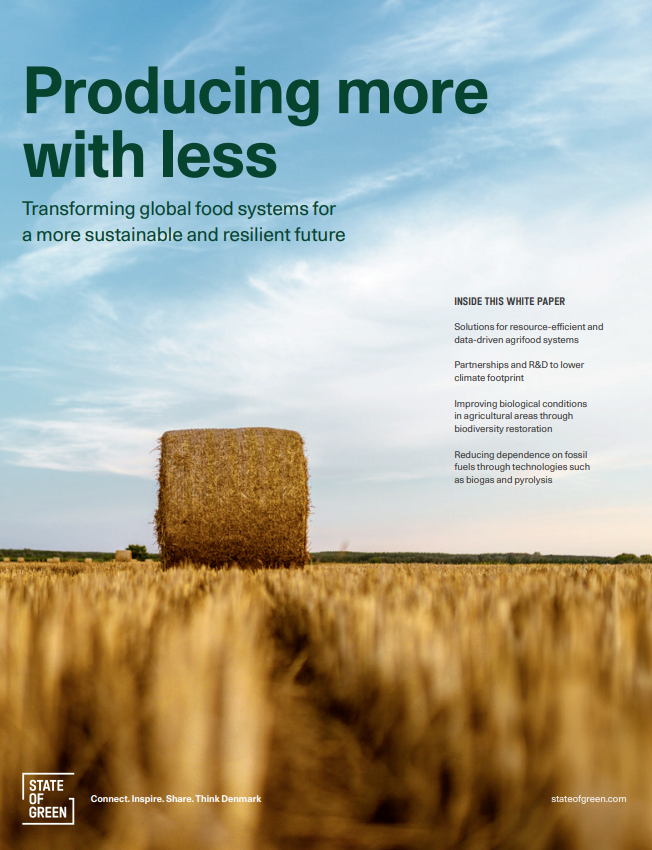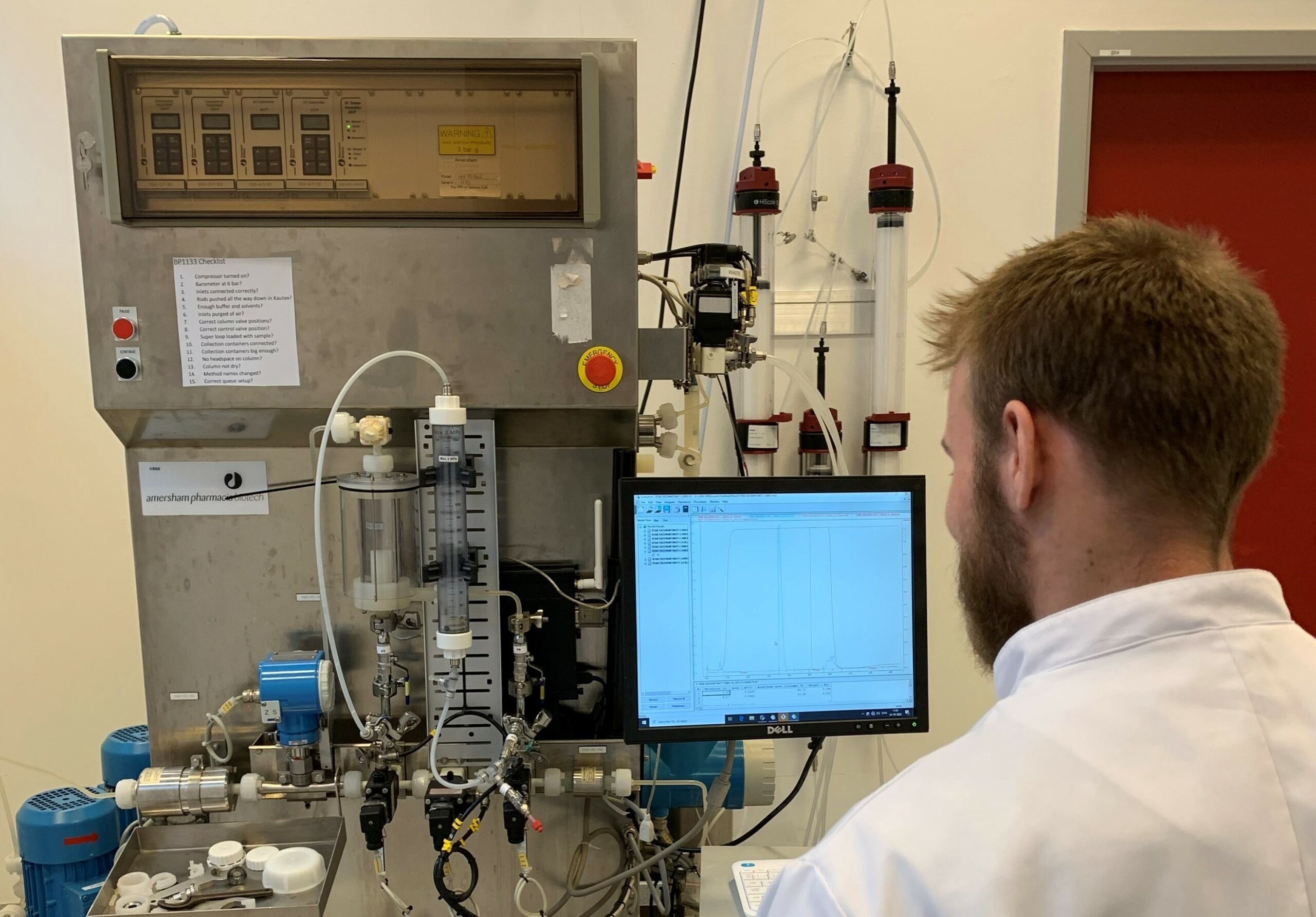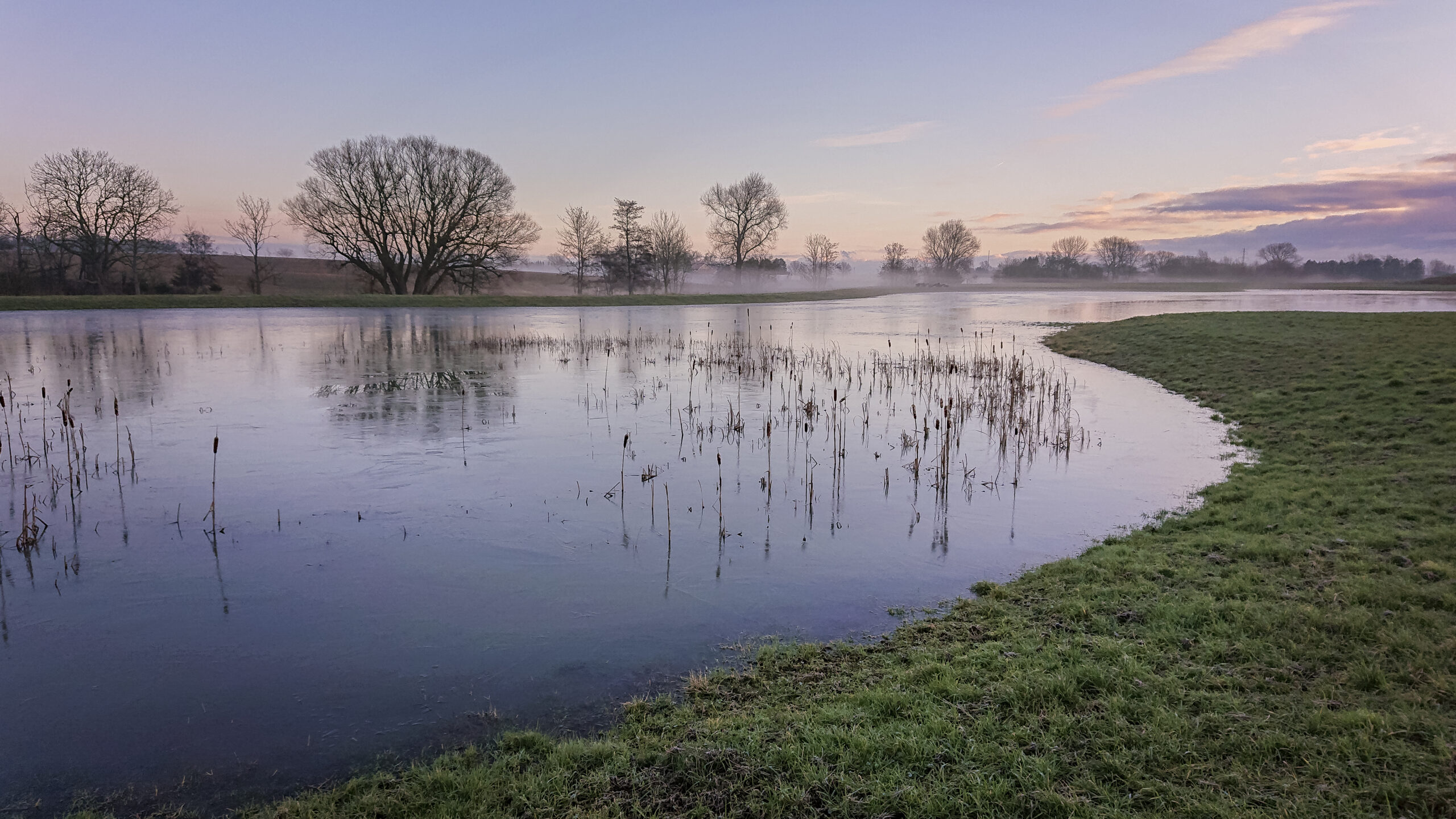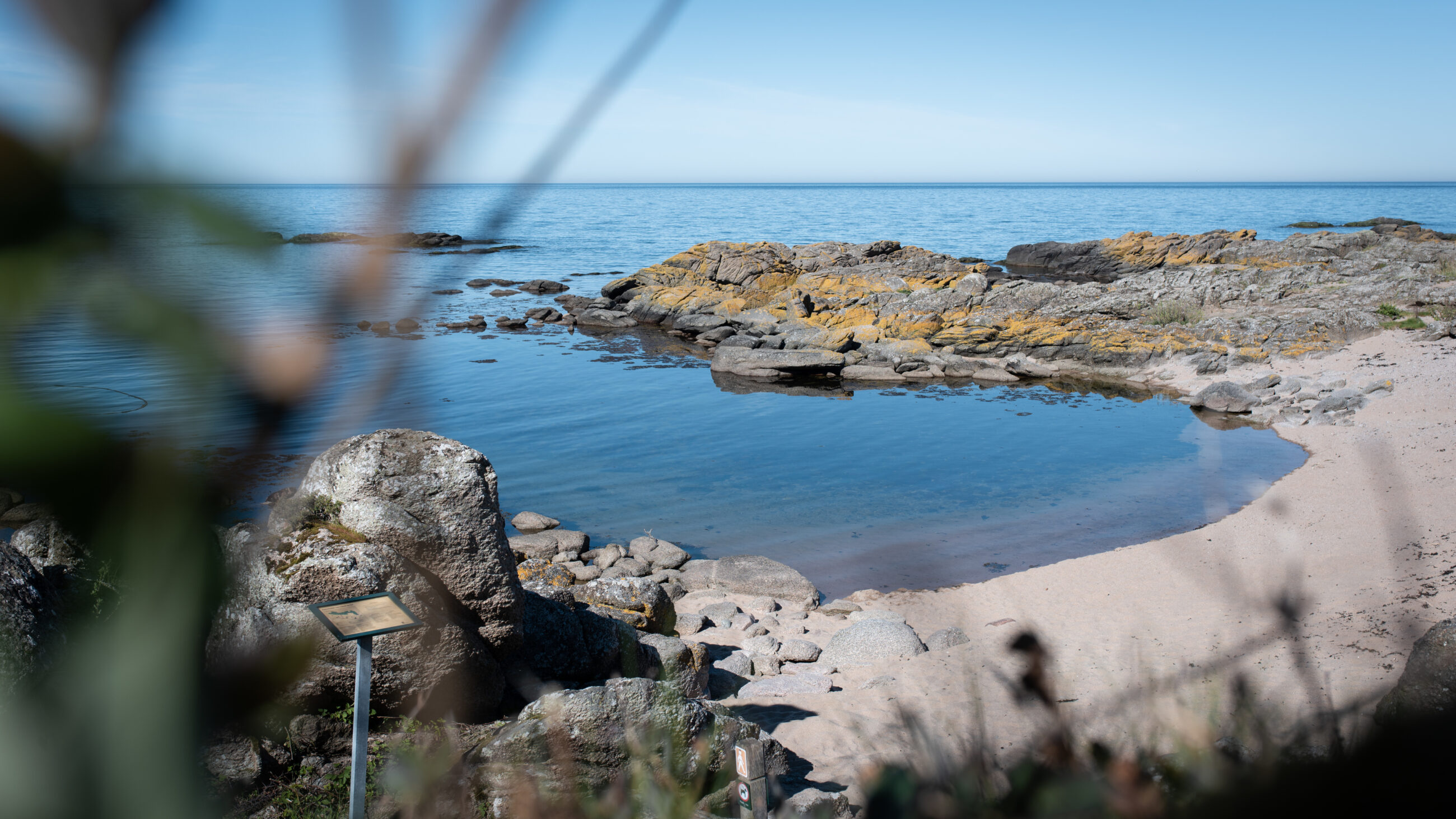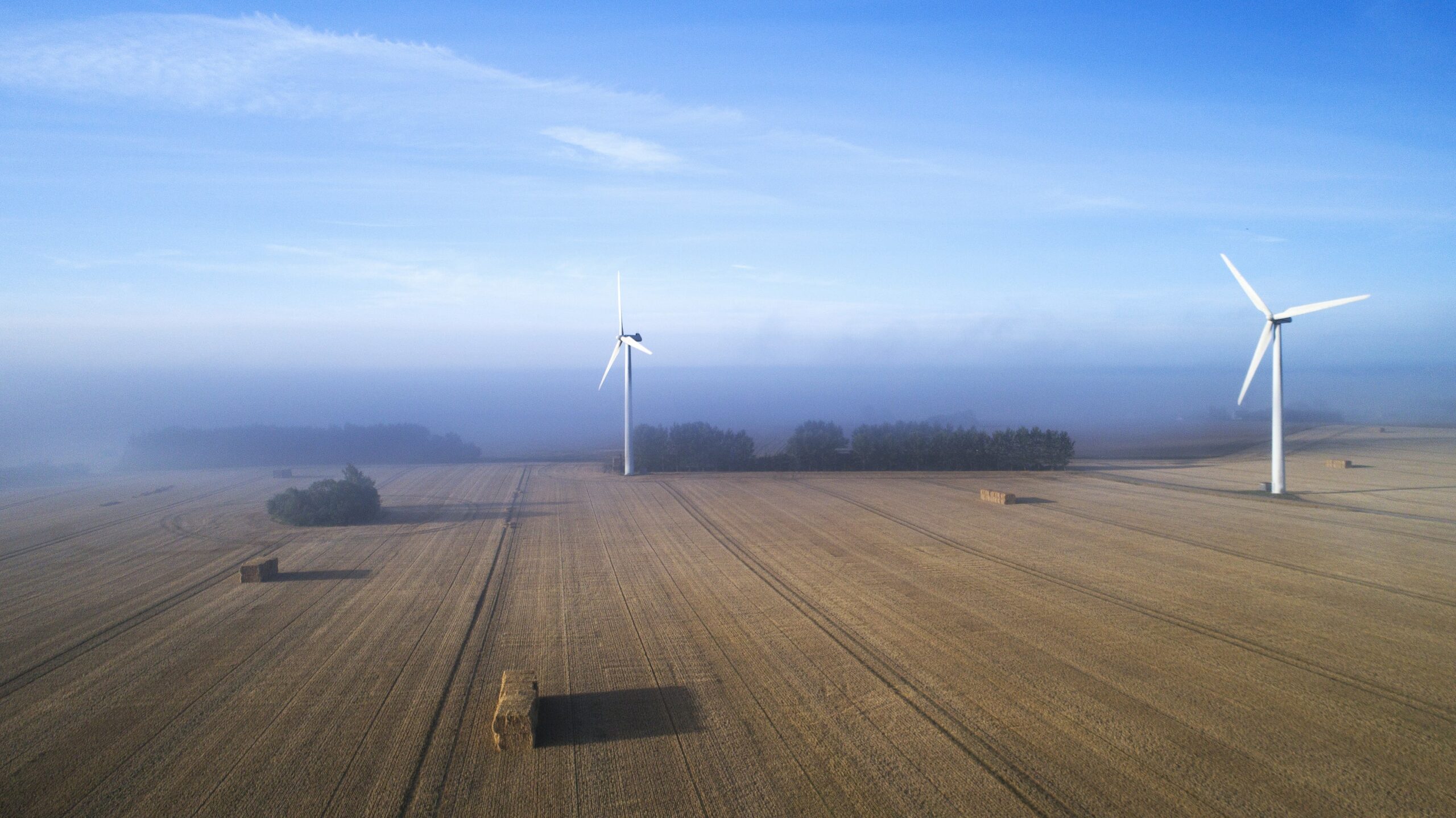News
Circular business models
Recycling of waste to material
Resource efficient production
+2
Financing the Circular Economy
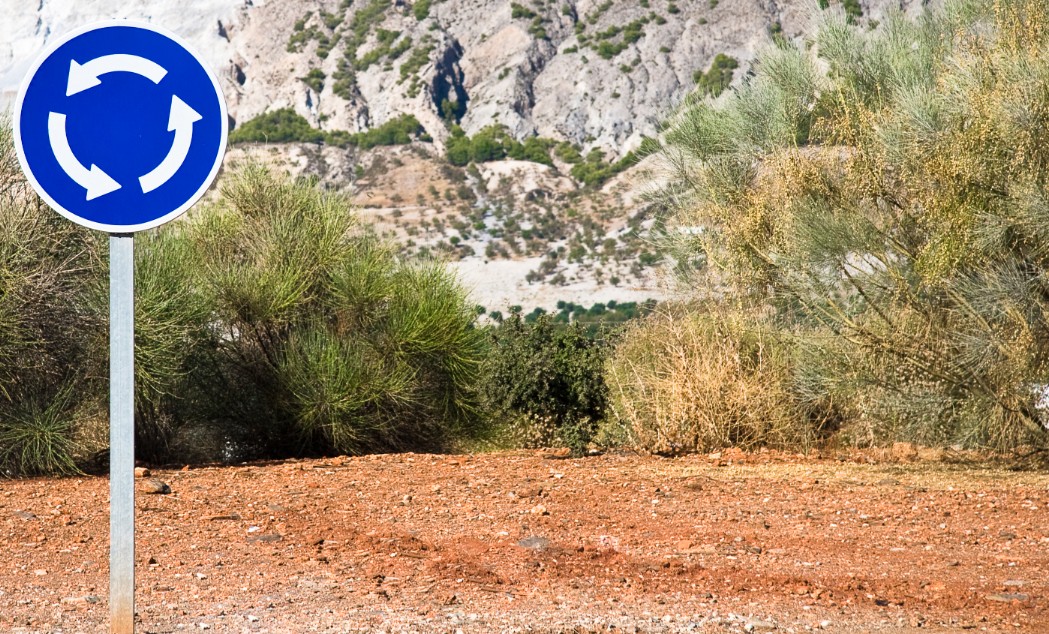

It is broadly recognised that current production and consumption patterns are unsustainable. Our current linear model, where we expend natural resources to create products, consume and then discard them is creating severe consequences for the environment. Projected population growth heightens the need to institute a new economic paradigm, where we reuse, recycle, repair and share. Known as the circular economy, it means an end to the waste culture and offers the chance to create a more sustainable type of growth.
Instituting a circular economy will reduce industrial emissions, reduce the production of, and exposure to, hazardous materials and contribute to climate change mitigation. In the European Union (EU), the circular economy is viewed as an opportunity for the (relatively) resource-poor continent to secure access to vital resources, maintain global competitiveness and ensure a high quality environment for Europe, and the world for that matter. However, achieving systemic change is no insignificant task. Successfully negotiating the transition to a more circular economy will require the combined efforts of governments, businesses, investors, businesses, innovators and consumers.
The EU is already on the way, having launched its Circular Economy action plan in 2015 and since then devoted almost EUR 2 billion to circular economy research and innovation projects, as well as substantial sums to support eco-technologies and the implementation of EU waste legislation.
As a member of the EU, Denmark has supported these developments and is itself aiming to become a circular economy hotspot. The Danish government released a national strategy for circular economy based on recommendations from the government’s circular economy advisory board. To ensure the strategy is implemented, the government has set aside EUR 16 million. Furthermore, Denmark has entered into a partnership with the World Economic Forum to accelerate the transition.
-Related publication: Denmark as a circular economy hub
320 billion needed to finance circular economy projects
While many businesses in the EU are ready with projects that advance the circular economy, gaining financing is proving challenging. It is estimated that EUR 320 billion will be needed between now and 20255 to implement projects that put the European economy on the path to transition. The main barrier in obtaining financing for these types of projects centres around the role of risk: perceptions of it and how it is assessed. From a business perspective, the financial sector is overstating the risks associated with financing circular economy projects, while the financial sector deems these types of projects as inherently risky and therefore not always bankable.
To help bridge the financing gap, the European Commission has established Expert Group on Circular Economy Financing. Consisting of a broad range of experts from government, civil society, the business community and the financial world such as the European Investment Bank and national banks from several member states, the group has met for over a year to formulate recommendations on how to overcome the financing challenge and which incentives should be put in place.
-Related solution: Elysium Nordic – new value from end-of-life tires
Specific recommendations for policy makers, financial institutions and project promoters
The group’s work has culminated in a series of specific recommendations to three key stakeholder groups, namely financial institutions, project promoters and policy makers. The recommendations and a summary of the group’s discussions are presented in a report released this month by the Commission. Titled ‘Accelerating the transition to the circular economy – Improving access to finance for circular economy projects’, the report proposes three sets of recommendations that, if implemented, should together provide a framework that significantly improves access to finance for circular economy projects.
Recommendations range from measures aimed at increasing awareness of the circular economy in the financial sector, developing a definition of what constitutes a circular economy project etc to more longer-term actions such legislative changes at the EU and national level, thereby ensuring public actors facilitate the transition to a circular economy.
Main areas where incentives need to be provided to improve financing for circular economy projects include the issue of a level playing field, improving value-chain collaboration, ensuring long-term value creation, better market participation from consumers, integration of the public good, educating finance professionals within circular business models, knowledge build-up and first-mover action.
It is expected that the recommendations will contribute to the ongoing work of the European initiative on sustainable finance. Currently sustainable finance initiatives in the EU are focused on climate change and adaption, but will be expanded to include circular economy in the future.
The report can be accessed in full here.
You should consider reading
publications
Resource efficient production
+15
